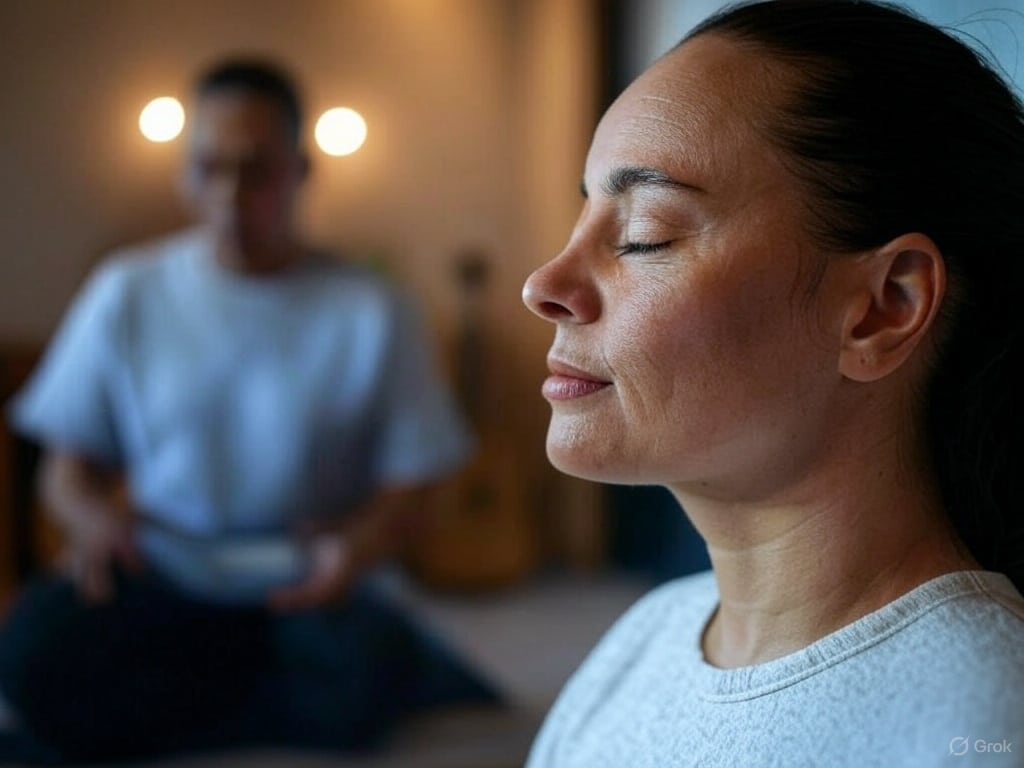Medical Intuition is the practice of using intuitive abilities to identify and diagnose illnesses and the overall state of a person’s health. It involves incorporating intuitive judgments like the ability to perceive and evaluate signs, symptoms, or imbalances that might be indicative of a health concern or a physical condition.
The practice of Medical Intuition isn’t intended to replace conventional diagnostic methods, but rather to complement them. As the old saying goes, “Two heads are better than one.” In this context, the ‘two heads’ refer to the scientific medical knowledge and the power of intuition.
Benefits of Medical Intuition
One of the key advantages of Medical Intuition is its potential to enhance diagnostics. Being able to rapidly and intuitively make assessments can be beneficial in emergency situations where a split-second decision could mean the difference between life and death. Many ER doctors and nurses are already using “medical intuitive assessment technology” without really knowing they are already doing it. I have met many nurses who know that they are intuitives but don’t like to talk about it in their work space… There are many spiritual things that are not discussed openly in an hospital, because of the fear of being ridiculed.
Furthermore, Medical Intuition can help in identifying potential health issues before they become a significant problem. Often, an energy practitioner can sense a change in an individual’s energy field, an indication of potential imbalances in physical health.
Another potential advantage of this approach is the facilitation of personalized medicine. Given that every individual is unique, a more intuitive approach to medicine can lead to tailored treatment plans based on the individual’s particular needs and responses.
Limitations of Medical Intuition
While the power of Medical Intuition is acknowledged, it’s important to highlight the limitations of this approach. First and foremost, Medical Intuition is as accurate as its practitioner and the openness of the patient. Its credibility largely depends on the intuition and experience of the healthcare provider, implying a wide range of possible outcomes.
If the patient is completely closed to the reality of medical intuitive reading, the practionner will not be able to access any information. You must be willing to let the information flow, that is, being in a state of surrender.
Secondly, as it relies heavily on intuition, there’s a possibility of misdiagnosis, especially when dealing with complex medical conditions. Therefore, Medical Intuition must be used alongside other established diagnostic tools to ensure accurate diagnosis.
Moreover, this approach lacks standardization, meaning that each practitioner may employ different methods, making it more challenging to evaluate the efficacy and validity of this practice at a broader level.
Unleashing the power of Medical Intuition brings a fresh perspective to healthcare and medicine. Though it carries inherent limitations, the merits of such an approach cannot be discredited when used responsibly and in conjunction with traditional medical practices. As we continue to explore this field, further research will be crucial to understand, validate, and refine this amalgamation of intuition and medicine.



